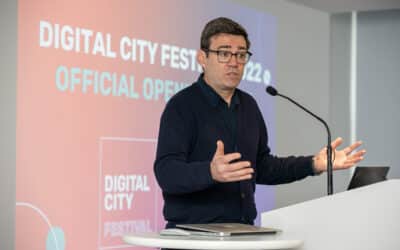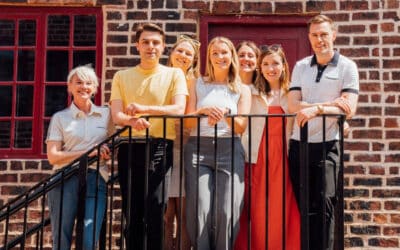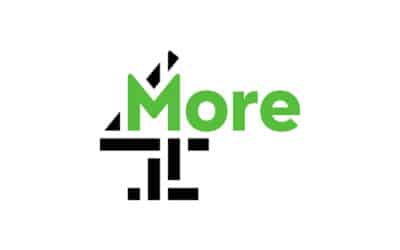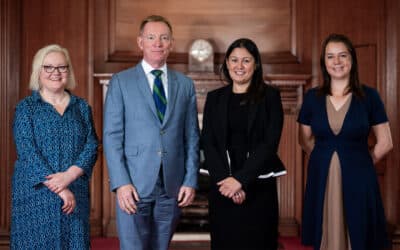THE Mayor of Greater Manchester, Andy Burnham, has outlined ambitious plans to create two equal pathways for young people when they make their GCSE choices – one academic and one focussed on technical careers.
As part of the Trailblazer Devolution Deal, Greater Manchester will have further oversight of post-16 technical skills, allowing local leaders to better shape how the city-region supports the one-in-three young people who do not want to go to university, and match them into the skilled jobs being created in the local economy.
Meet the MBacc
As part of this, the mayor has proposed the idea of a Greater Manchester Baccalaureate (MBacc) for technical education, which would sit alongside the existing English Baccalaureate (EBacc) for those wanting to pursue a university education. Currently, almost two-thirds of 16-year olds in Greater Manchester do not pursue or achieve an EBacc. An MBacc is designed to plug that gap.
Under the current system, young people are offered a clear pathway to university through the EBacc at age 14 – a set of subjects opening up opportunities to A-Levels, university and employment.
The proposal is that by September 2024 the MBacc will guide students towards subjects which will maximise their chances of getting a good job in the regional economy, such as in engineering, computer science or the creative subjects. Young people on the MBacc route would take subjects such as engineering, business studies and art and design alongside the core of maths, English and computer science or an ICT equivalent. A consultation with government and local partners would take place on the proposed MBacc route subjects.
The EBacc is designed to maximise young people’s chances of a good university place, while in comparison the MBacc is designed to maximise their ability to get a good job in the growing success story of the Greater Manchester economy.
The MBacc will be designed to steer young people on the technical route to seven different career gateways at age 16, which represent the strongest areas of the Greater Manchester economy, including:
- Manufacturing and Engineering
- Financial and Professional
- Digital and Technology
- Health and Social Care
- Creative, Culture and Sport
- Education and Early Years
- Construction and Green Economy.
Each of the gateways will lead to a group of quality T-Levels – vocational alternatives to A-levels developed in collaboration with employers – accompanying work placements and other technical qualifications. Currently, 16-to-18-year-olds can take T-Levels at 24 approved providers in the city-region, with more qualifications set to become available over the next few years.










